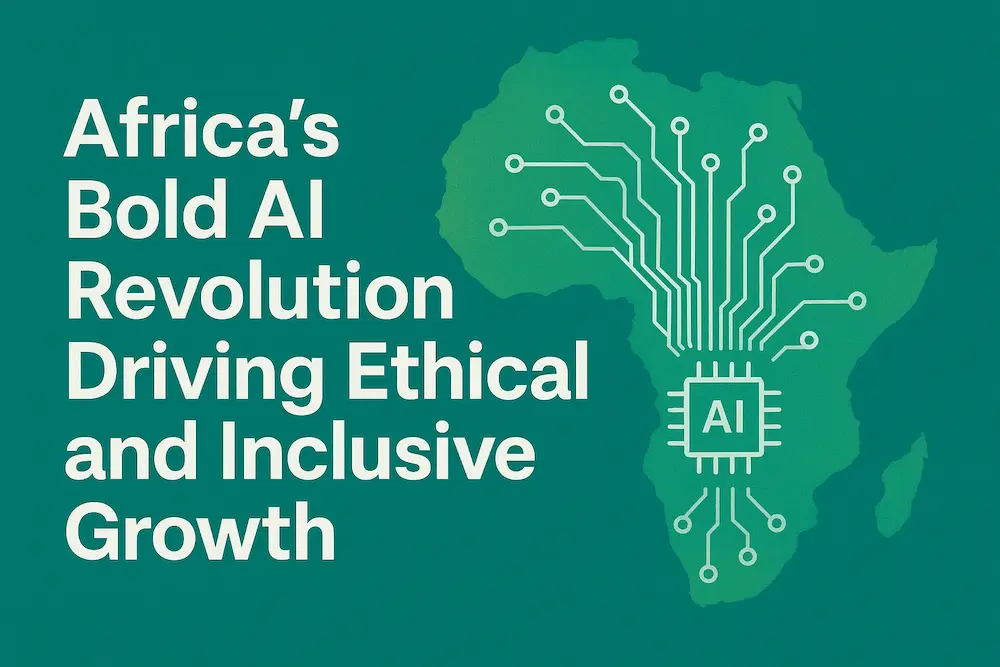Tanzania elections Dark Truths Behind Fake Democracy
The upcoming Tanzania elections are being presented as a national celebration of democracy, yet beneath the surface, a much darker reality emerges. The ruling party has systematically weakened opposition, tightened control over institutions, and ensured that the electoral process functions more as a performance than a genuine choice. This article uncovers five shocking truths behind the illusion of democracy in Tanzania.
Tanzania elections and the illusion of choice
At first glance, the Tanzania elections appear like any other democratic exercise: political parties on the ballot, voters preparing to cast their votes, and institutions overseeing the process. However, this façade hides the fact that most major opposition forces have been disqualified or weakened to the point of irrelevance. When citizens are presented with only one dominant option, the notion of choice becomes an illusion rather than a reality. This is the first and most dangerous truth shaping the country’s political future.
Tanzania elections silencing opposition voices
One of the most striking features of the Tanzania elections is the way dissenting voices are silenced. Opposition leaders face arrests, treason charges, or disqualification on technical grounds. Political rallies are restricted, media coverage is heavily censored, and those who attempt to speak out against the ruling party risk intimidation or worse. By suppressing alternative voices, the ruling party ensures that its dominance is not just political but also psychological, instilling fear and discouraging resistance among ordinary citizens.
The power of institutions
Institutions are supposed to guarantee fairness and impartiality in any election. Yet in the Tanzania elections, the very institutions tasked with safeguarding democracy are under the firm grip of the ruling party. The electoral commission lacks true independence, judicial bodies are pressured into compliance, and security forces often act as enforcers of the government’s agenda. This institutional capture ensures that any attempt to challenge the status quo is swiftly neutralized, leaving no space for meaningful contestation.
Eroding public trust
One of the most damaging effects of the Tanzania elections is the erosion of public trust in the political process. Citizens who once believed in the promise of democracy now see elections as nothing more than a scripted performance. When voters know the outcome is predetermined, participation declines and cynicism grows. This disillusionment not only undermines confidence in the government but also weakens the fabric of civic engagement, leaving society vulnerable to further authoritarian control.
Restricting media freedom
Independent media is essential for transparent elections, but in the Tanzania elections, journalists face harassment, censorship, and restrictions. Critical reporting is discouraged, while state-controlled outlets dominate the narrative with positive portrayals of the ruling party. Without free access to diverse information, voters are deprived of the ability to make informed choices. The silencing of the press effectively eliminates another cornerstone of democracy, making the electoral process hollow and controlled from the top.
Creating international concern
The international community has raised alarms over the direction of the Tanzania elections. Human rights organizations and democratic allies warn that the suppression of opposition, lack of transparency, and manipulation of institutions threaten the legitimacy of the process. While external pressure can sometimes force governments to reconsider, Tanzania’s ruling elite remains resistant to criticism, framing it as foreign interference. This defiance creates a dangerous gap between global democratic norms and the local reality unfolding on the ground.
The myth of stability
The ruling party often promotes the Tanzania elections as a path to stability, arguing that unity under one dominant force prevents chaos. While this narrative appeals to some, it hides the fact that real stability comes from inclusive governance and accountability. By excluding the opposition, the government risks creating underground resistance and long-term unrest. Stability built on silence and fear is fragile, and history shows that such systems eventually face strong backlash.
Undermining youth aspirations
A large portion of Tanzania’s population is young, and many of them are eager for change and opportunity. However, the Tanzania elections deny them the chance to see fresh leaders and bold visions represented in the political arena. Instead, they are offered a recycled system that prioritizes loyalty to the ruling party over innovation and reform. This disconnect between the aspirations of the youth and the rigidity of the political order threatens to fuel frustration and disengagement.
Regional implications
The consequences of the Tanzania elections extend beyond national borders. As one of East Africa’s key players, Tanzania’s political direction influences neighboring countries. A weakened democracy in Tanzania sets a troubling precedent, encouraging authoritarian practices elsewhere in the region. Conversely, if democratic institutions were strengthened, Tanzania could serve as a beacon of hope for the continent. The current path, however, sends a message that power can be maintained not through fairness, but through suppression.
Tanzania elections and citizen resilience
Despite the challenges surrounding the Tanzania elections, citizens continue to show resilience in demanding accountability. Peaceful protests, online activism, and grassroots movements reflect a population that refuses to be completely silenced. While the ruling party maintains dominance, these efforts highlight the determination of Tanzanians to preserve democratic values, even when institutions fail them. This persistence signals that the desire for real representation cannot be permanently suppressed.
Tanzania elections challenging democratic values
The Tanzania elections highlight the tension between democratic ideals and political reality. While democracy is advertised, authoritarian control dominates in practice. This contradiction erodes the credibility of democratic institutions and creates a dangerous gap between promises and lived experiences. Recognizing this gap is essential for building future reforms and reclaiming the true meaning of democracy.
Tanzania elections in global context
The global debate around the Tanzania elections reflects wider concerns about the state of democracy worldwide. The erosion of electoral integrity in Tanzania mirrors trends seen in other regions where incumbents use legal and institutional tools to secure power. Analysts and rights groups warn that allowing such practices to go unchecked weakens democracy everywhere. For deeper insights into the global implications of shrinking democratic spaces, see this Human Rights Watch analysis.
Conclusion: Tanzania elections and the path ahead
The Tanzania elections expose a troubling truth: democracy in the country has been reduced to a performance rather than a practice. Citizens are deprived of real choice, opposition is silenced, and institutions lack independence. Yet hope remains in the resilience of civil society and the growing demand for accountability. For readers interested in exploring more about democratic challenges across Africa, visit our in-depth article on democracy in Africa. The struggle for genuine democracy in Tanzania is far from over, and the next chapters will be written by its people.




